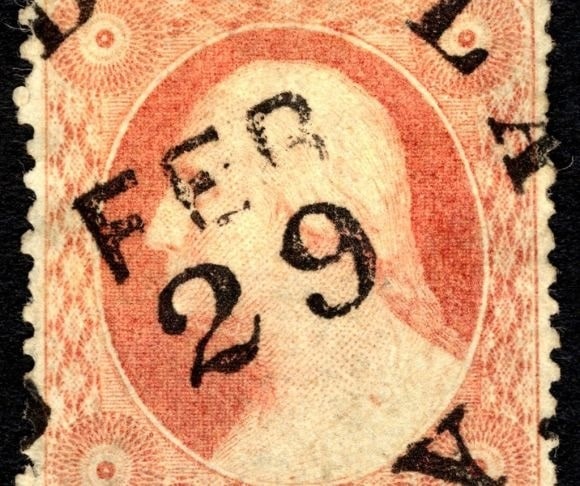Wednesday, September 2, 1752, was a memorable day in the United Kingdom. The next day was declared to be Thursday, September 14. It was Britain’s great leap year forward, a correction needed after centuries of erroneous calendars. Confusion erupted. People allegedly rioted in the streets, and a movement called “Give us our eleven days” was formed. Some worried that they had lost 11 days of their lives while others were angry that they lost nearly two weeks’ worth of salary and demanded compensation. It’s a great story, but historians say it is somewhat hyperbolic.
Calendar Woes
 Believe it or not, the trouble started in 46 B.C. The solar year is not precisely 365 days, but rather 365.2425 days, and the Romans had noticed that their calendar got out of sync with the seasons and decided to fix it. Julius Caesar got his best astronomers to create a calendar with leap years that fixed the problem once and for all.
Believe it or not, the trouble started in 46 B.C. The solar year is not precisely 365 days, but rather 365.2425 days, and the Romans had noticed that their calendar got out of sync with the seasons and decided to fix it. Julius Caesar got his best astronomers to create a calendar with leap years that fixed the problem once and for all.
It was almost perfect. Almost. They got it wrong by 11 minutes per year. In 128 years, that amounts to a day, and by the 16th century, this had compounded to nearly two weeks of calendar drift. Pope Gregory XIII realized the problem and finally fixed the issue with a new leap year system in 1582. Today, we call it the Gregorian calendar.
It works like this: Every four years, we add an extra day on February 29, but the solar year runs 0.03 days slower. Every century this error accumulates to 0.75 days, and we then skip a leap year to let the sun catch up with our calendar. This leaves a remainder of 0.25 days, which amounts to a full day in 400 years.
To summarize: Every four years, we add an extra day, except for whole century years (e.g., 1800, 1900) when we don’t add a day, except every fourth century (e.g., 1600, 2000, 2400) when we do add a day. Got that? Good.
The Great Year
But wait, there is more. Our calendar is finetuned to the solar seasons, but the stars are about three seconds out of sync with the sun every year. That may not sound like much, but in 25,772 years, the stars move a full revolution. This is known as the Great Year, and there is evidence that ancient peoples were aware of this star drift. They created a Great Calendar consisting not of 12 months but of 12 Ages corresponding to the star constellations of the Zodiac.
Each Age lasts for about 2150 years and is named after the constellation through which the sun passes. Depending on who you ask, we are either in the Age of Pisces or the Age of Aquarius. If you ever wondered whence New Age hippies got their talking points, now you know.
Obsessed with Time

(Photo by Heritage Art/Heritage Images via Getty Images)
Keeping track of time is of paramount importance to the human psyche. It is even reflected in the names of political ideologies. Conservatives are concerned with preserving values and hard-won achievements of the past. Progressives think salvation is always and forever to be found in the future at the end of the rainbow.
Chairman Mao Zedong called his communist revolution “The Great Leap Forward.” President Barack Obama had “Change” and “Forward” as his campaign slogans. Similarly, Sen. Bernie Sanders (I-VT) has “A Future to Believe in.” By contrast, President Donald Trump looks back in time with his “Make America Great Again,” echoing the words of President Ronald Reagan in 1980. In 1984, Reagan ran on a similar backward-looking slogan: “It’s Morning Again in America.”
In a strange way, politics resemble the calendar. The elites periodically get out of sync with the values of the population, which leads to the election of a populist, who adjusts the system back into alignment with the will of the people.
In 2016, American voters decided it was time for a leap election. Will they do the same in 2020?
~
Read more from Liberty Nation.




